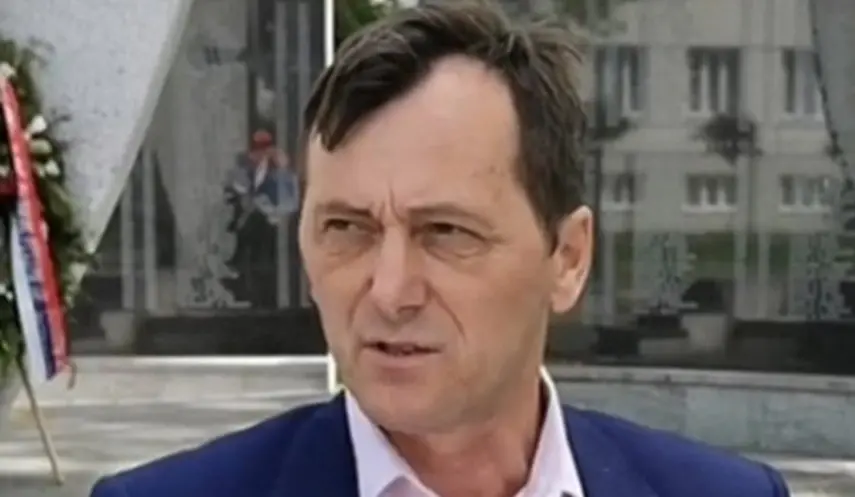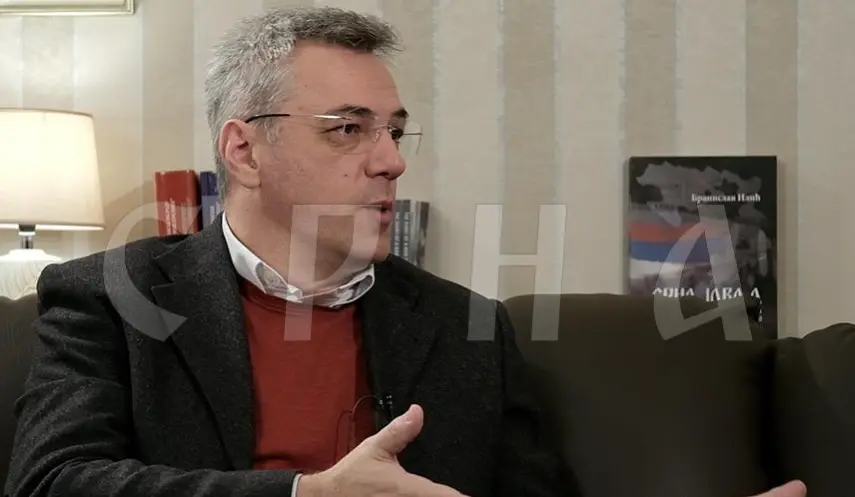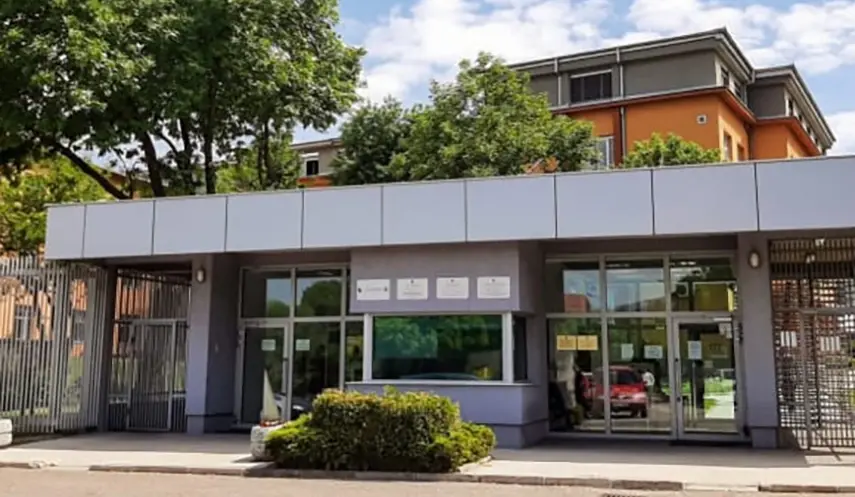SERBIAN PEOPLE ON BOTH SIDES OF THE DRINA SHOULD FILE GENOCIDE LAWSUITS
Serbia - Republika Srpska - public forum on Srebrenica
07/10/2025
16:18

BELGRADE, JULY 10 /SRNA/ – There was no genocide in Srebrenica, and Serbs on both sides of the Drina should file lawsuits for genocide committed against them in previous wars – the First and Second World Wars, as well as the last war – it was stated today in Belgrade at the panel discussion “Srebrenica Against Genocide – Three Decades of Manipulation.”
Historian Nemanja Dević pointed out eight decades of manipulation with Srebrenica, reminding of the crimes committed against the Serbian people in that region during the First and Second World Wars, as well as the last war, emphasizing that crimes were repeated against the same families and in the same Serbian villages – by the descendants of Ustashas.
Dević said that the same villages suffered in 1942 and 1943, as well as in 1992 and 1993, and that massacres were repeated on the same religious holidays, citing as an example the fate of the Erić family, as well as Drago Mitrović from Podravanje village, who at age 17 in 1943 was slaughtered and left for dead, only to be finally killed in 1992 by fighters under Naser Orić.
He stated that the direct ancestors of Srebrenica’s Muslim leaders – Naser Orić, Ćamil Duraković, and Ibran Mustafić – were members of Ustasha forces, specifically the infamous “Black Legion.”
“During 1992 and 1993, the Serb people in the Srebrenica region suffered at the hands of the same enemy that had not been defeated in previous wars. What we see today in Zagreb, at [Marko Perković] Thompson’s concerts, and across the region shows that the conflict, unfortunately, is not over,” Dević said, stressing the importance of a culture of remembrance for Serb victims.
He recalled the fate of Major Kosta Todorović, who liberated Srebrenica at the start of WWI and was murdered, crucified, and burned on a pyre with his comrades on Krstovdan (Feast of the Cross) in 1914, adding that such ritual torture and killings also befell the Serb people in the last war.
Dević also spoke about the murder of 250 Serbian civilians in WWI, for which no one was held accountable, and noted that genocide was committed against the Serbian people in WWII, when every district in the NDH (Independent State of Croatia), including Srebrenica with 2,262 recorded Serbian victims, was a “small Jasenovac.”
He stated that half of those victims were children under 15, women, and the elderly over 70, and that half were killed with blunt or cold weapons – mallets, picks, knives.
Dević noted that there were also about 400 Muslim civilian victims, but that Serbian victims were five to six times more numerous.
Political philosopher Dragoljub Kojičić said that genocide indeed occurred, but against the Serb people, and that the Srebrenica case of July 1995 has nothing to do with genocide by definition.
He stated that Serbs never had the intent to destroy the Bosniak population – which is key for genocide – and pointed out the evacuation of Bosniak civilians, women, and children, while Serb civilians, women, and children were killed by Bosniaks.
Kojičić said that during WWI, the Podrinje region was exposed to genocide against Serbs, as well as during WWII.
He further expressed a grim suspicion that there is a more perfidious intention among Bosniaks, in coordination with international actors who do not wish Serbia well, to desubjectivise Republika Srpska, because that would allow them to pass accusations of genocide in Srebrenica and “other absurdities” against Serbia – for which they have neither a legal nor logical basis.

GAGIĆ CALLS FOR DECISIVE RESPONSE TO ACTIONS OF BiH JUDICIAL INSTITUTIONS

CVIJANOVIĆ: FIRST CONSTITUTION ESTABLISHED REPUBLIKA SRPSKA’S FREEDOM, CONSTITUTIONAL ORDER AND EXISTENCE

TADIĆ: COURT AND PROSECUTORIAL CAMPAIGNS ARE INTENTIONAL AND ORGANIZED





